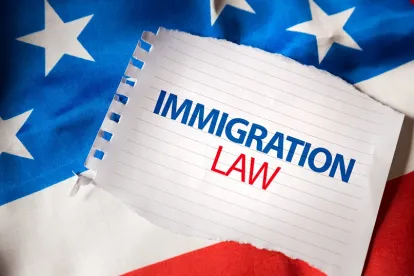On December 1, Judge Jeffrey S. White granted the plaintiffs’ request to set aside two separate rules issued by the Trump Administration that would have drastically undermined the ability of employers to utilize both the H-1B and PERM visa programs. In Chamber of Commerce of the United States v. United States Department of Homeland Security, Judge White held that the Administration violated the Administrative Procedures Act (APA) when it enacted two rules: the Strengthening Wage Protections for the Temporary and Permanent Employment of Certain Aliens in the United States Rule (the “Wage Rule”) and the Strengthening of the H-1B Nonimmigrant Visa Classification Rule (the “H-1B Visa Classification Rule”). Both were issued as Interim Final Rules and without the usual Notice and Comment required by the APA.
The new rules threatened to upend the H-1B and PERM labor certification programs by changing statutory definitions, targeting staffing and consulting firms with onerous requirements, and hiking required wages by 35% to 200%. The Wage Rule has been in effect since October 8, 2020, and the H-1B Visa Classification Rule was to go into effect on December 7, 2020.
Judge White stated that he was “once again confront[ing] a challenge to the Administration’s assertion that the H-1B program adversely affects American Workers to such a degree it must take immediate action.” He was not persuaded by the Administration’s arguments that the COVID-19 pandemic created a situation that justified dispensing with “due deliberation” required by the APA, or that giving more notice would have hindered the Department of Labor’s ability to solve the problem it alleged. He found that the Administration could not rely on the pandemic to invoke exceptions to the APA for several reasons, including:
-
The new rules have been on the Administration’s Regulatory Agenda since 2017 – well before the COVID-19 national emergency; and
-
The unemployment rate in the sectors that typically use H-1B visas was only 4.8%, not the skyrocketing rates that have been seen in other sectors during the pandemic.
Judge White had previously enjoined the DHS’ implementation of a new rule that would have increased the USCIS filing fees for many business-related immigration petitions and naturalization and asylum fees, as well as the Presidential Proclamation that suspended the entry of certain individuals in H, L, and J status. These rules have one thing in common: they would disrupt the immigration process in one way or another.





 />i
/>i

